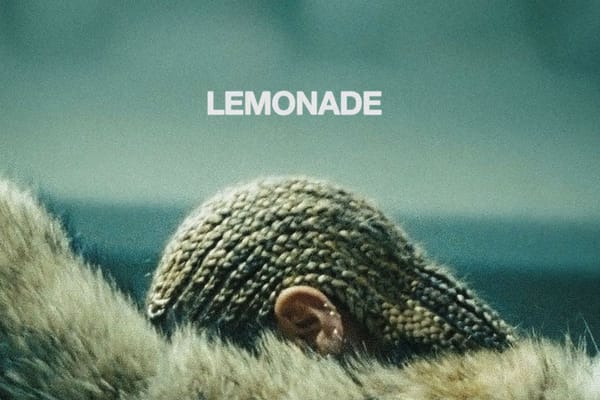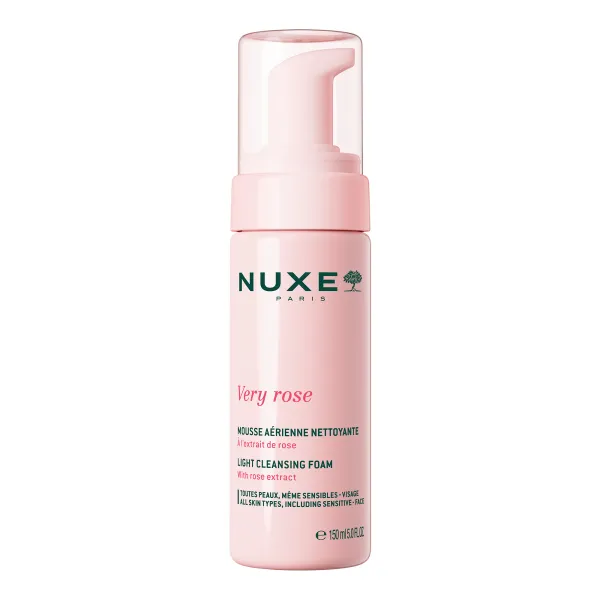The internet is not the same, but I will write anyway
Remember when creating quirky, personal content on the internet felt fun and carefree? This post reflects on how the web has changed and explores how we can still create meaningful content that feels true to who we are.

I come from the good old Tumblr days when having a weird personality and creating not-so-serious content was what I was good at. Even if the content was about Glee and my commentary wasn't necessary, I loved every minute of commenting on it. I miss those days when engagement was irrelevant; it was unbelievable if ten people saw your post and you felt heard. Two likes would make my day!
My internet habits changed so fast that I didn't even notice, and I wasn't even thinking about trying to control them. It became all about short tweets. It was revolutionary in its day, but now, looking at it, I don't enjoy it anymore. Over time, I realized that reducing complex ideas into bite-sized 'sounds good to me' content often leads to manipulation. There's a reason humanity has relied on long-form writing for centuries—to explore and understand concepts fully. Reading about an idea and deeply understanding the concept are distinct concepts.
The push for constant engagement diminishes content quality and creates an unsustainable monetization algorithm.
Let's break it down: Every niche has a limited audience. Some are profitable, and some aren't. Even in profitable niches, there's a ceiling to how much creators can earn. Why is this a problem? Like companies, people also want infinite growth in this nonstable place called Earth. This raises many concerns since we don't know how far the stakeholders of the web (content creators, companies, Google) can go to earn even more.
Google is one side of the problem.
Once again, company greed harms the people. Google's SEO algorithm is built to prioritize commercial success, pushing small, organic blogs to the margins. The algorithm favors large companies with budgets for optimization, making it almost impossible for niche creators to be discovered. Now, long-form content creators are expected to master personal branding and social media, which are skills entirely separate from the art of content creation itself.

Some content creators are another side of the problem.
The engagement can be triggered by manipulative, rage, clickbait, and misleading content. It is just for playing the numbers game for the algorithm. This kind of content sparks quick emotional reactions but doesn't offer much in return, leaving us with nothing meaningful after it's consumed. The content has less depth and more emotional triggers to make viewers react or buy. It is easily created and way easier to consume. Is anything consumed that fast deserve to be even consumed?
Companies are another side of the problem.
They know that content drives action. With their big budgets, they are everywhere, ensuring their content is overly consumed by the customer group they are interested in. With ads and influencer marketing, the companies are happy to enjoy their most efficient marketing channel. While large companies dominate the web, small businesses with limited budgets struggle to compete.
a monetization algorithm based on engagement is unsustainable
I am not against monetization for content creators. However, monetization algorithms are not necessarily structured to protect consumers from all possible manipulations. Once you realize that the internet is all about engagement, nothing about online seems innocent anymore. Unfortunately, we don't have the magic wand to return to the internet personality finder, community-driven days.
After reflecting on this unsatisfactory experience with the web (and talking with my husband, a developer and tech lover), we felt that doing nothing about it wasn't the best choice. The only controllable variable in this system is our reaction. So, we decided to create the content we want to consume so others can see an alternative and hopefully enjoy it. It was easier said than done.
So here I am, trying to write something and crashing a wall. How did I forget how to express myself in writing? I used to be good at this. Has the internet changed so much, or do I? Do others feel this way?

After multiple kitchen visits and procrastination, I could tell myself, "Just do it." It is not my best, but growth always leaves room for imperfection. Maybe we can't return to the days when two likes made my day, but we can still create content that's meaningful and true to ourselves. Writing this blog post was hard, but I'm ready to contribute to making the web a better place, even in the slightest way. So, what kind of internet do you want to contribute to? What was your favorite era of the internet?


